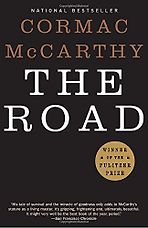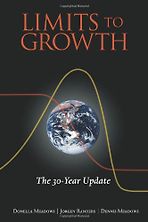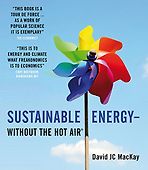Growth: From Microorganisms to Megacities
by Vaclav Smil
Growth: From Microorganisms to Megacities is the latest book by Vaclav Smil, Professor Emeritus in the Department of Environment and Geography at the University of Manitoba. A lifelong interdisciplinarian, in Growth he examines a wide variety of phenomena, “from microorganisms to megacities”, taking in plants, crops, animals, humans, energy sources, manufactured goods and more along the way, looking at all of them in just one particular dimension – how they grow.
The result is a thought-provoking analysis of some of the challenges facing humanity in the 21st century, such as energy transition and population growth. He also uses this approach to raise questions about cherished economic objectives, such as the quest for constantly high GDP growth. He argues that in a finite material world such growth must, necessarily, have its limits. Smil makes no attempt to cast the implications of this in a positive light. The book is a sobering as well as a fascinating read.







The book, according to the author